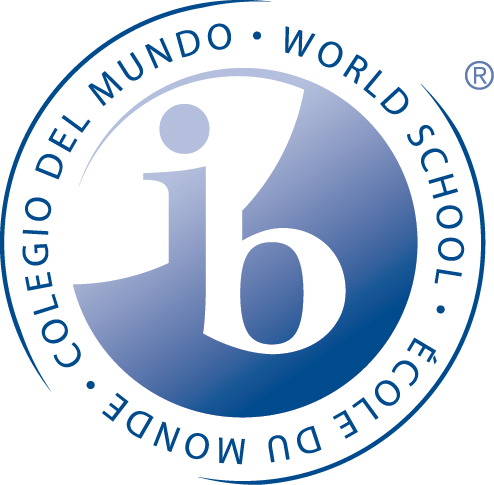CEO introduction

In September 2022 we launched Vision 2030. It superseded Vision 2025 and sets out our mission, vision and values as well as our targets for the year ahead. It is updated annually. We are publishing this revised overarching strategy which brings together everything we stand for and aim to achieve at a time of great uncertainty for our country and for the world. Brexit, the Covid pandemic and now the economic challenges which follow from both, mean that the path ahead for our academies and the young people they serve will not be easy.
Having a clear sense of what our organisation is here to do during these bewildering times cannot be more important. We have achieved much since we began in 2008 and more than we ever thought possible since the start of the pandemic in early-2020. We are an exceptionally ambitious organisation that wants the very best for all of our stakeholders. Fundamentally, we are about giving a brighter future to our young people and in doing so, making the world a better place. There can be no more motivating set of ambitions than this.
Simon Beamish
Chief Executive

